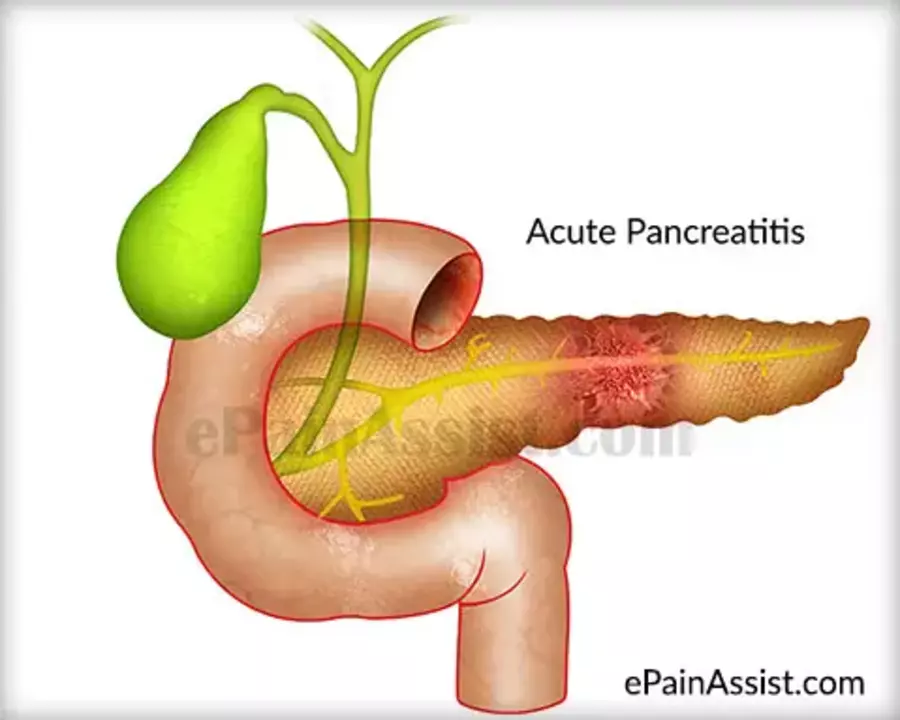Symptoms: What They Tell Us About Our Health
Everyone gets symptoms at some point—they're like your body's alert system telling you something's going on. You might feel tired, have a headache, or notice something unusual like burning during certain conditions. Understanding what these signs mean can save you time, worry, and maybe even a trip to the doctor.
Why Paying Attention to Symptoms Matters
Think of symptoms as clues. For example, vaginal burning might be more than discomfort; it could be linked to conditions like PCOS (polycystic ovary syndrome). Recognizing these early signs helps you get treatment sooner rather than later. Ignoring symptoms might let problems grow in the background.
In some cases, symptoms like diarrhea around menstruation tie into hormonal changes. Knowing this can help you manage your routine, diet, and lifestyle better to ease discomfort. Plus, some medications come with side effects that mimic symptoms, so keeping track helps you and your doctor find the best plan.
Making Sense of Symptoms: What to Do Next
Not every symptom demands a panic reaction, but it’s smart to note when something unusual sticks around or gets worse. For example, if a medication like Plavix causes confusion about side effects, you’ll want clear info and practical advice on managing it.
Writing down your symptoms, when they happen, and what helps or worsens them can make your next doctor's visit more productive. Also, plenty of natural remedies can ease certain symptoms, like neuropathy pain, where alternatives to drugs might actually work.
Bottom line: Symptoms are your body’s way of messaging you. Paying attention, learning what they mean, and asking for help when needed leads to better health choices and peace of mind.

